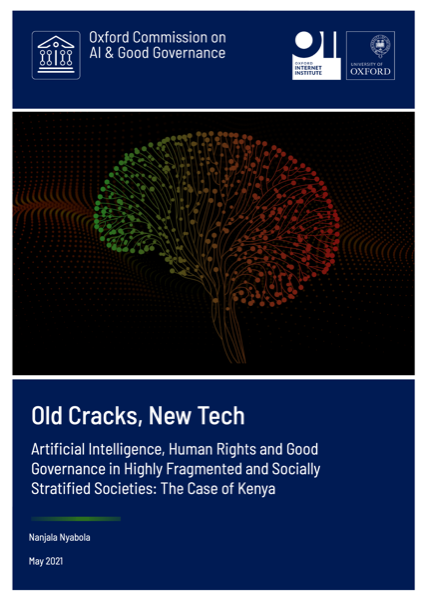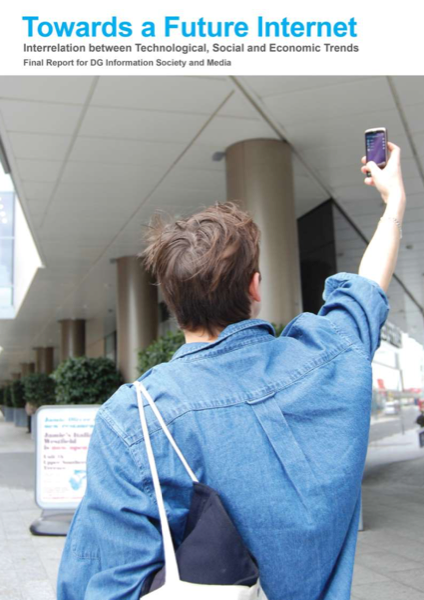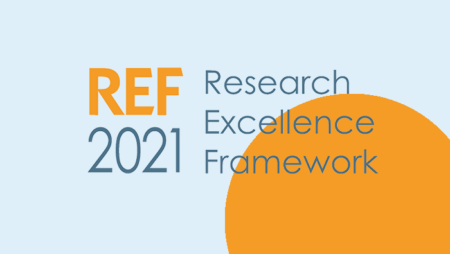Geographies of Digital Divide
A data-driven approach to understanding structural determinants of digital inequalities

New technologies beg important questions of sociology: How do different groups use the internet, and why do they differ in their internet use? How has the internet changed the way we relate to each other? How do existing theories account for the new phenomena of the internet age, like online dating, cyberbullying, or rampant misinformation?
Our research covers new ground, by tying together existing sociological theories and methodologies with a focus on the changes in society wrought by the internet and emerging ICTs.
A data-driven approach to understanding structural determinants of digital inequalities

This project examines the cultures of offensive speech online. It aims to learn about how offensive material is created, about the actors who produce and disseminate it, and the ways in which it is challenged.
This study will critically examine the value of graph databases for the social sciences through a focus on social class.
By Nanjala Nyabola
Artificial intelligence is touted as a solution to complex social and political issues around the world, particularly in developing countries like Kenya. This report argues that care is needed if AI is not to exacerbate cleavages in society instead.

By Colin Blackman, Ian Brown, Jonathan Cave, Simon Forge, Karmen Guevara, Lara Srivastava, Motohiro Tsuchiya, and Rafael Popper
How can we guide the evolution of the internet so that it best serves the needs of society? This report, written for the European Commission, tries to answer that question as it considers the sheer complexity of today’s internet.


24 April 2024
In a new blog, Professor Vili Lehdonvirta and researcher Sara Parker consider the economic implications of a possible “TikTok ban” in the US.
3 November 2022
University of Oxford has joined a new £4 million research network, the Digital Good Network (DGN), to explore how to ensure that digital tech is a for good in society and the economy.

12 May 2022
The UK funding bodies have published the results of the UK’s most recent national research assessment exercise, the Research Excellence Framework (REF) 2021.

2 August 2021
An ‘infodemic’, the claim goes, threatens to undermine responses to the pandemic and, ultimately, vaccination efforts. But the term ‘infodemic’ itself is not backed up by science, and its use can potentially do more harm than good.

Frankfurter Allgemeine Zeitung (FAZ), 24 January 2026
The OII’s Dr Paul Röttger comments on how LLMs can glorify violence.

The Conversation, 30 January 2026
Professor Helen Margetts and Professor Cosmina Dorobantu explore how free‑speech claims are used to sidestep a recurring problem: sexual content taking over new technologies, legal or not.

Tech Xplore, 23 January 2026
Dr Victoria Nash, senior policy fellow at the Oxford Internet Institute, notes that Australia’s under-16 social media ban has strong parental and political backing, but its effectiveness remains an open question.
